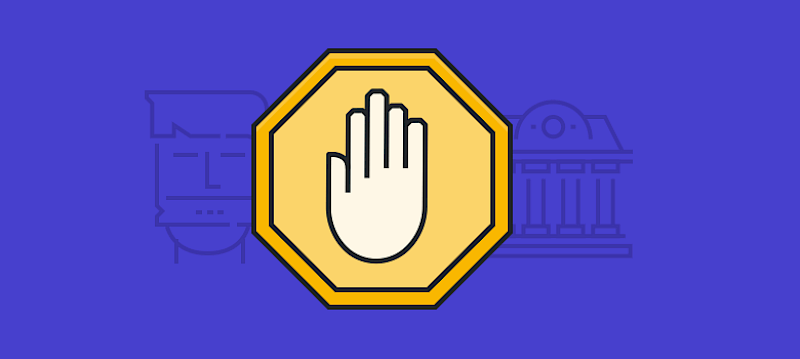
In the News
New Censorship Bill in Turkey Shows Further Contempt for Digital Rights
A proposed Internet censorship law which would bring regulatory power of online content, including YouTube, Netflix, and personal social media accounts, under the domain of Turkey’s Radio and Television Supreme Council (RTÜK), passed the Turkish Parliamentary Planning and Budget Commission late last month.
The prospective law mandates media providers offering radio, television and content broadcast services online obtain broadcasting licenses to do so. Additionally, if any broadcast is deemed a threat to national security or the country’s moral values the media outlet could be shut down by the RTÜK in as few as 24 hours, without a hearing. Afterward, the offending company or individual may be required to appeal in a criminal court.
Conflicting Frequencies
Government entities—such as the FCC in the United States—frequently distribute broadcasting licenses to media providers on traditional airwaves because the number of broadcasting frequencies is limited. But no such limitations exist on the Internet. This means that if the new regulations pass in Turkey, the RTÜK will receive carte blanche to target whatever websites they deem aberrant to established rhetoric, further limiting the digital rights of Turkish citizens and the content they support.
Filiz Kerestecigolu, a lawmaker for the Peoples’ Democratic Party in Turkey, challenged these new measures in a statement; “The Internet, which facilitates the spread of information and organization of the public, is being put under surveillance by political actors trying to prevent citizens from getting information.” He added that maintaining Internet freedoms was “one of the fundamental problems” facing Turkey today.
Rising Concerns for Turkish Freedoms
The Turkish courts are raising more than a few eyebrows with this new bill, especially as it aligns so closely with the permanent incarceration of six journalists and media employees for their alleged involvement in the July 2016 coup attempt. Caroline Stockford, an International Press Institute Advocacy Coordinator for Turkey, wrote to The Media Line; “This bill is clearly aimed at censoring forms of broadcasting that the Turkish government does not already control.”
Furthermore, the independent watchdog organization Freedom House recently downgraded Turkey’s status to ‘Not Free’ with an aggregate score of 32/100. They explain, “After initially passing some liberalizing reforms, the government has shown growing contempt for political rights and civil liberties in recent years, perpetrating serious abuses in areas including minority rights, free expression, associational rights, corruption, and the rule of law.”
Turkey censored the Internet many times in the past, and it’s concerning to see them continuing—and increasing—this trend. We will keep an eye on how this bill fares in its final stages. Follow us on Twitter and Facebook for the latest updates.

